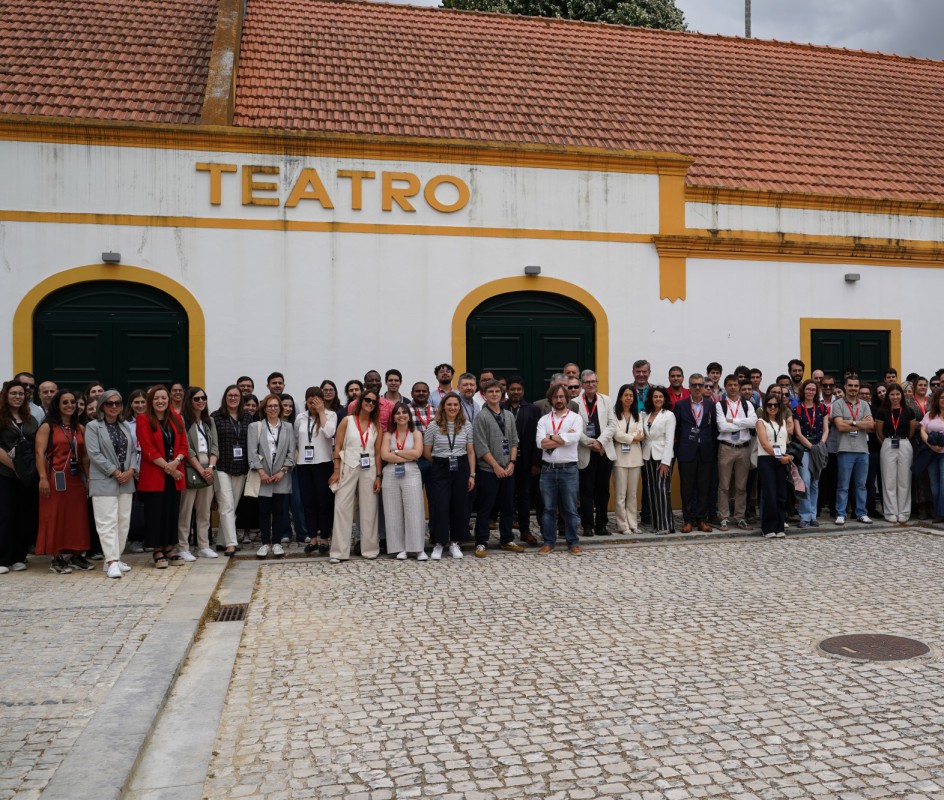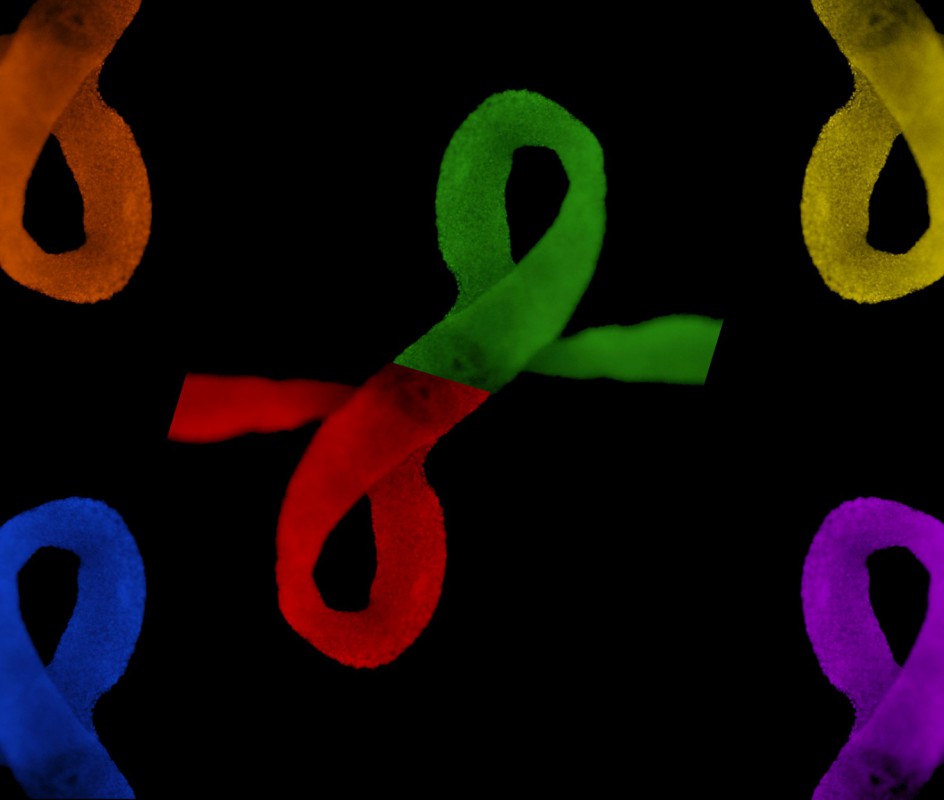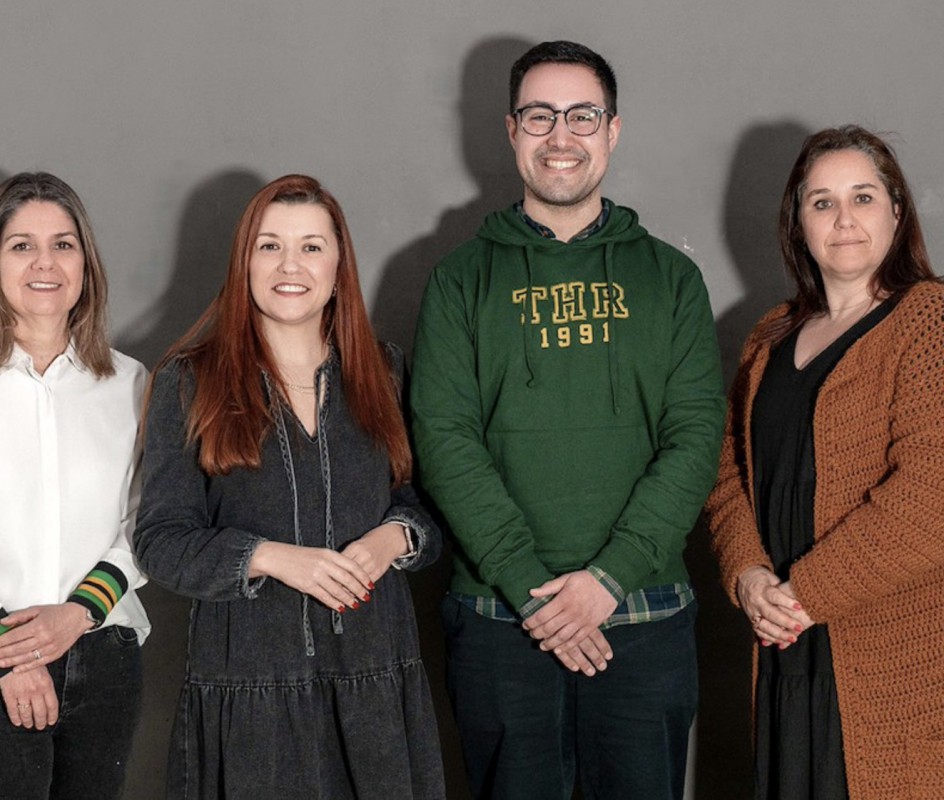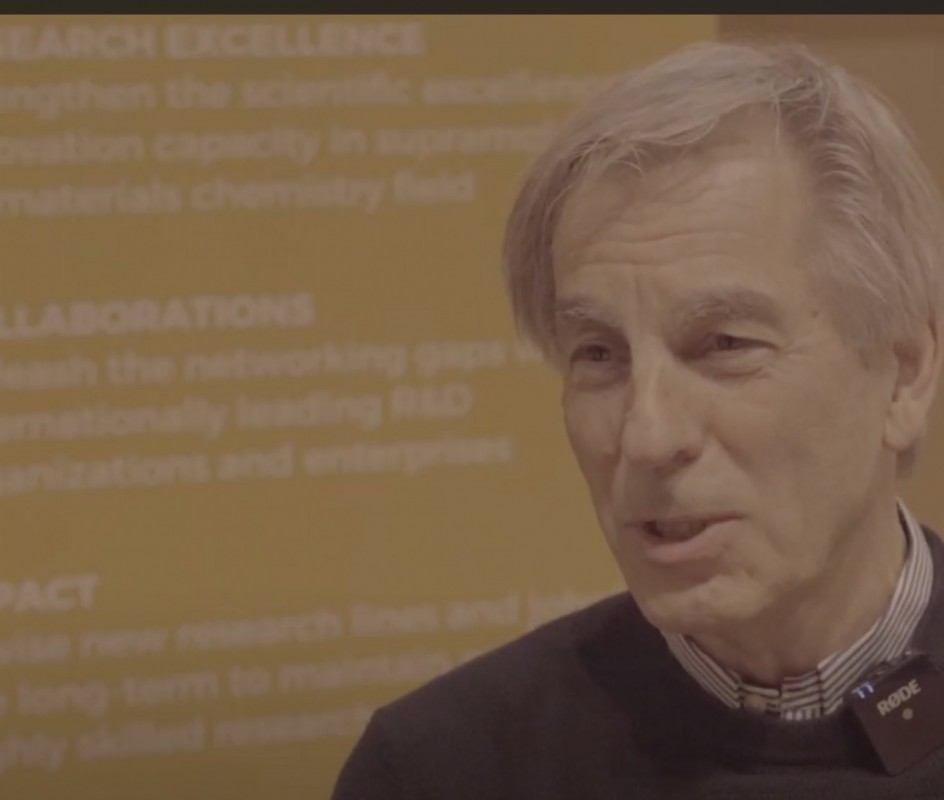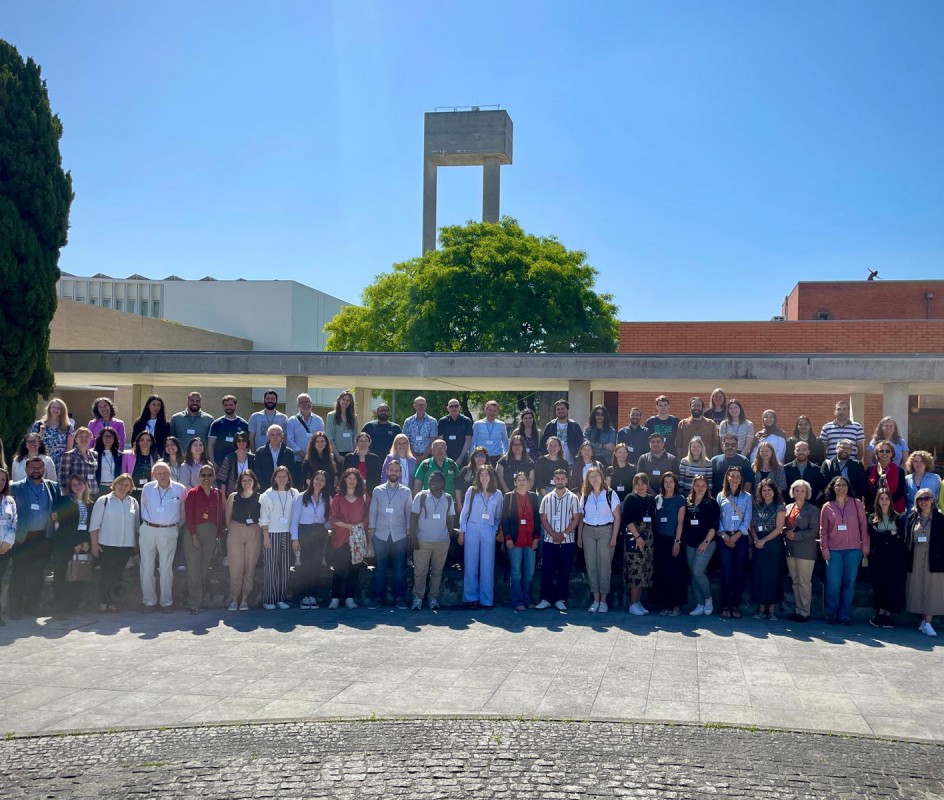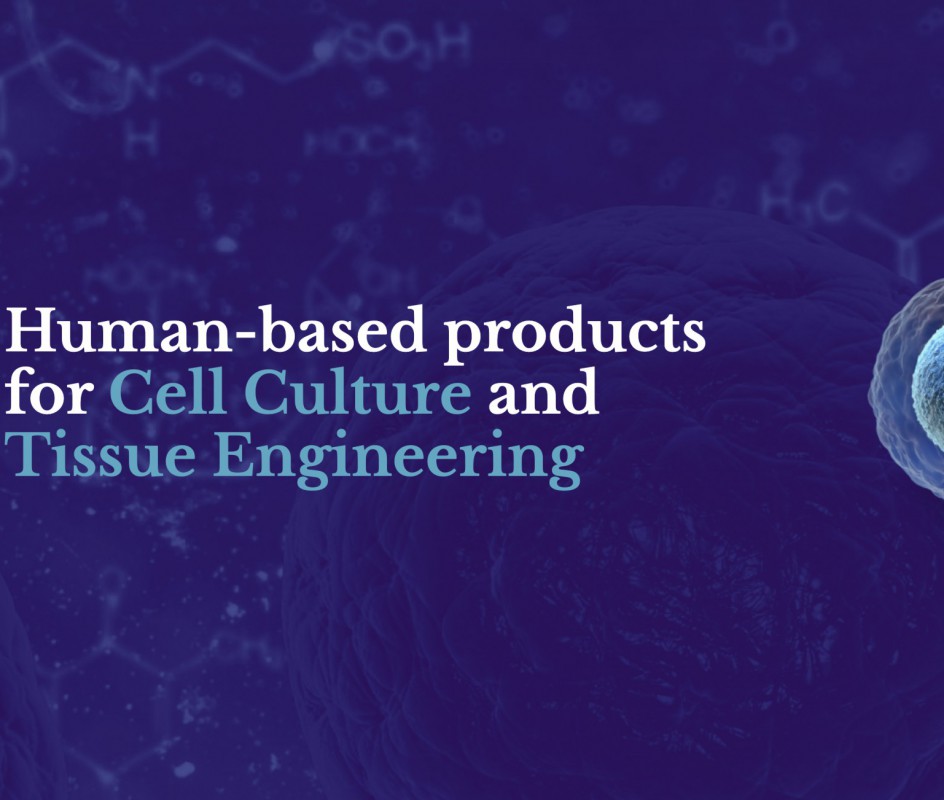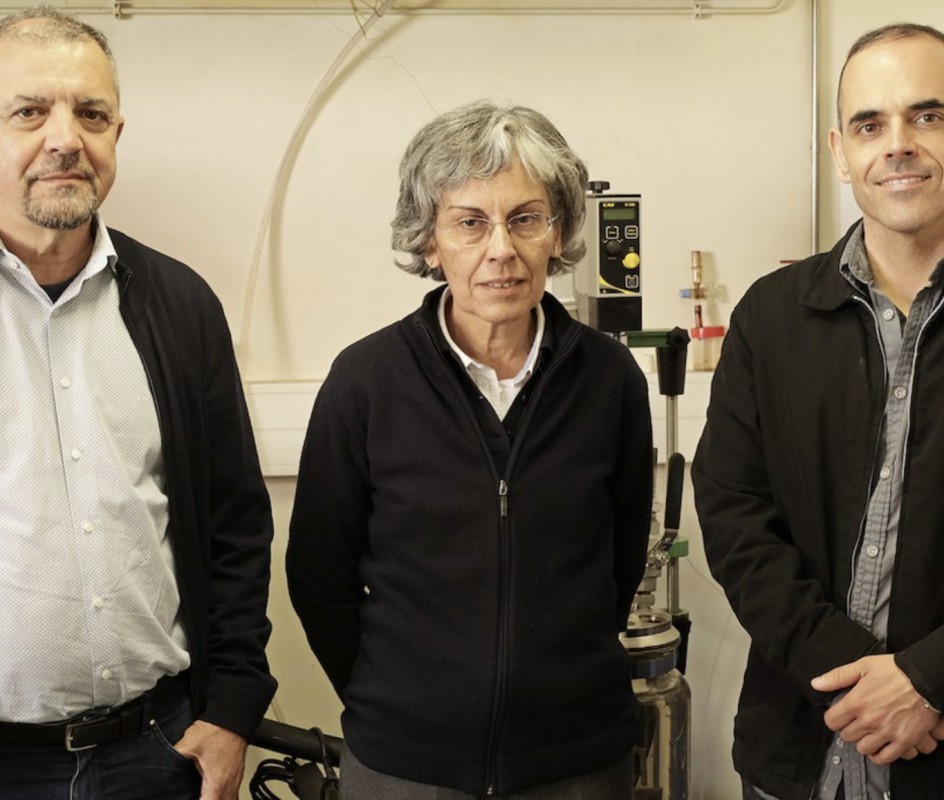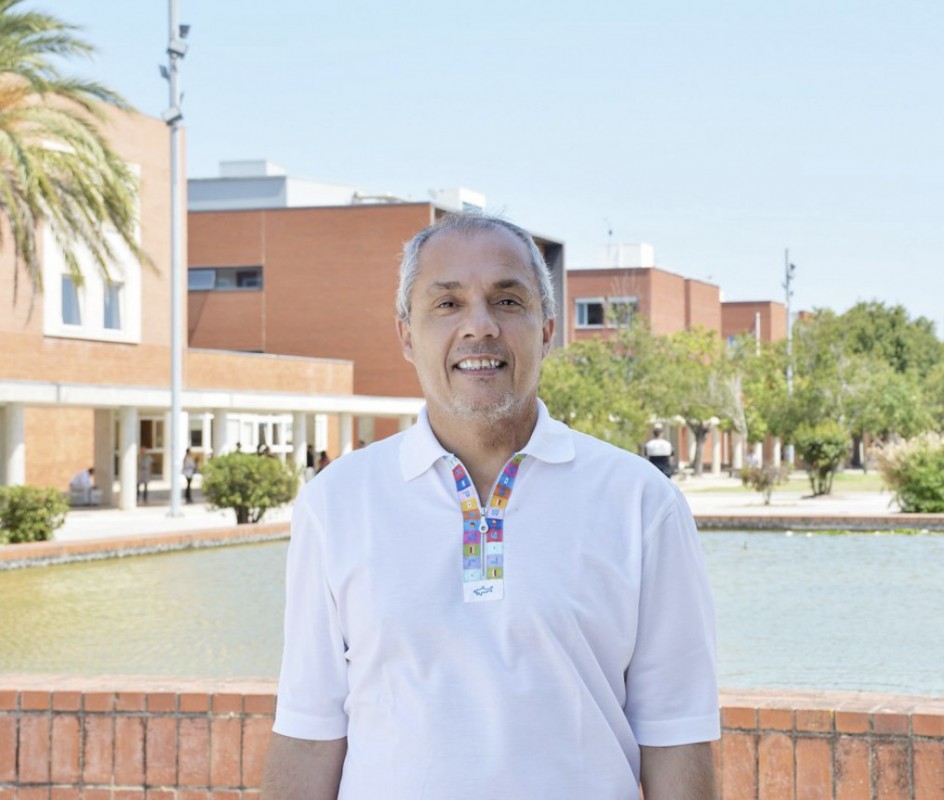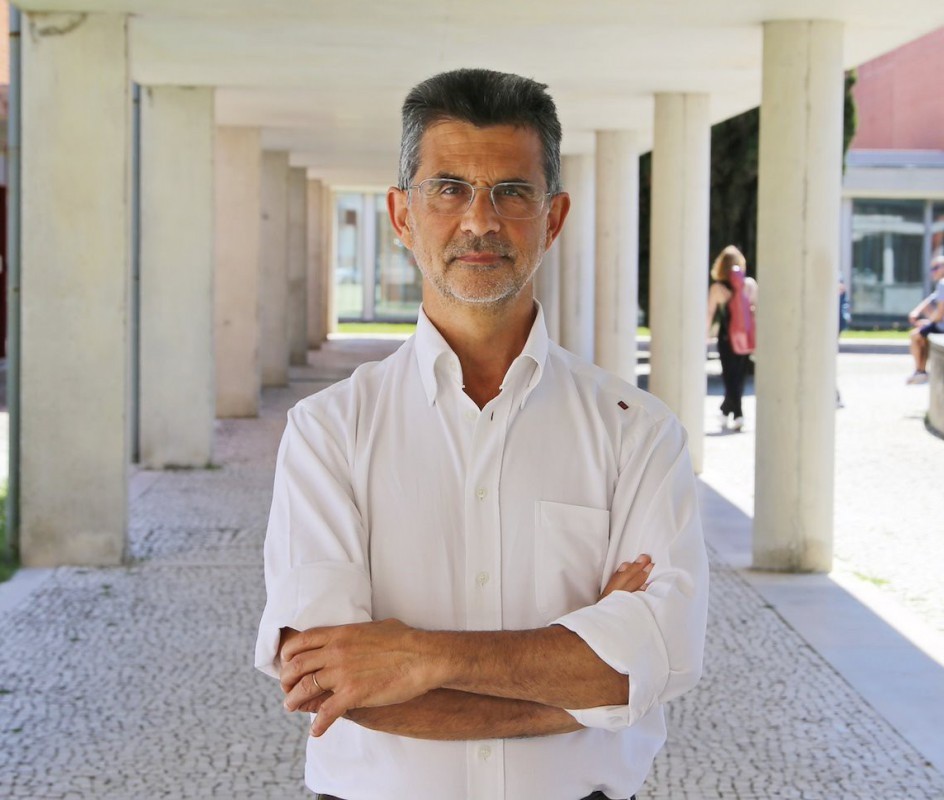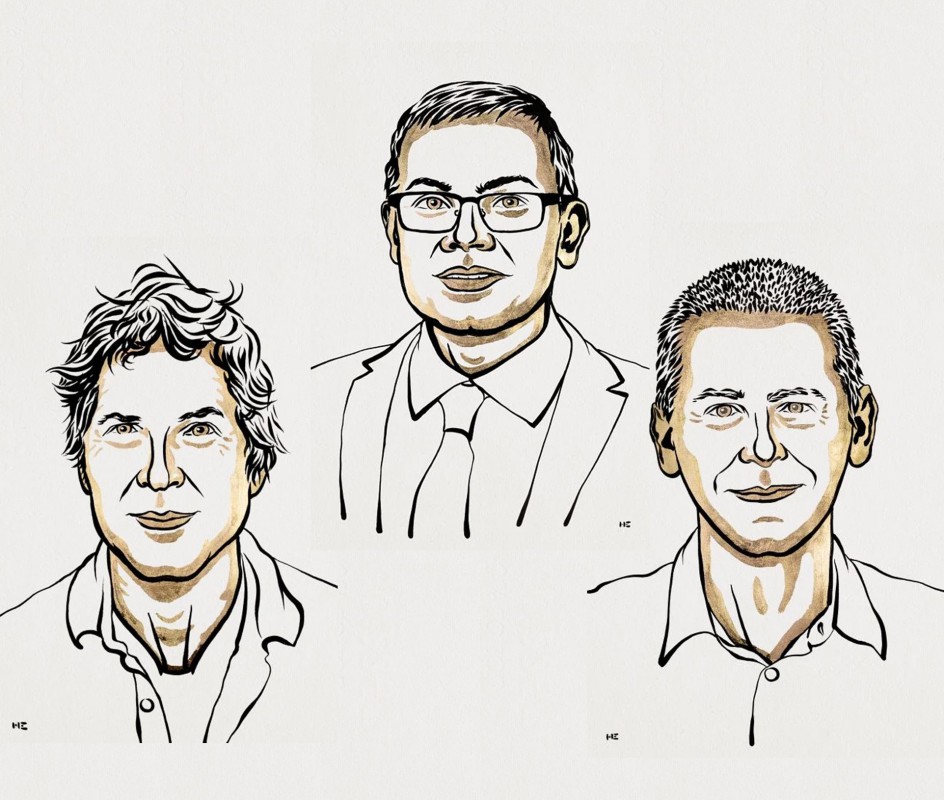
A day after revealing that the Nobel Prize in Physics would honor advancements in machine learning research, the Royal Swedish Academy of Sciences has awarded the Nobel Prize in Chemistry to David Baker, “for computational protein design”, and to Demis Hassabis and John M. Jumper, “for protein structure prediction”. Baker receives half of the prize, while the other half is shared equally between Hassabis and Jumper, recognizing their contributions to unraveling the complexities of proteins, the fundamental building blocks of life.
David Baker, from the University of Washington, has been recognized for his groundbreaking work in computational protein design, which has led to the creation of entirely new proteins not seen in nature [1], with applications ranging from pharmaceuticals to nanomaterials. Demis Hassabis and John M. Jumper, from Google DeepMind, have been recognized for their revolutionary development of AlphaFold2 [2], an AI model that accurately predicts protein structures, addressing a complex problem that has puzzled biologists for decades.
Understanding proteins is crucial because they are the molecular machines that power every essential process in our bodies. Picture proteins as tiny, versatile engines that not only construct and repair tissues but also function as hormones, enzymes, and antibodies, ensuring our health and vitality. Baker’s innovative designs and the predictive power of AlphaFold2 have opened up vast possibilities for deciphering the structures and functions of proteins. Scientists use these advancements to develop new medicines, create innovative materials, and even tackle environmental challenges like plastic pollution. AlphaFold2, in particular, has been used globally to understand antibiotic resistance and develop enzymes that can break down plastics, showcasing the immense potential of these discoveries for humanity.
As we look to the future, the influence of AI in our daily lives is set to grow significantly, promising to transform society for the better. At CICECO, we are dedicated to being at the forefront of this transition, actively working on the design of innovative materials using AI technologies. Recently, we hosted a panel of experts to discuss these advancements and their potential impacts. If you missed it, you can catch up on the insightful discussions by tuning in below:
https://www.youtube.com/watch?v=pdimP0rVFpg&list=PLl57eQK6k-zVlsiUZn5VH4K0wCfAw60Ns
https://www.ciceco.ua.pt/?language=eng&menu=628&tabela=geral
References
[1] M. Baek, F. DiMaio, I. Anishchenko, J. Dauparas, S. Ovchinnikov, G.R. Lee, J. Wang, Q. Cong, L.N. Kinch, R.D. Schaeffer, C. Millán, H. Park, C. Adams, C.R. Glassman, A. DeGiovanni, J.H. Pereira, A. V. Rodrigues, A.A. van Dijk, A.C. Ebrecht, D.J. Opperman, T. Sagmeister, C. Buhlheller, T. Pavkov-Keller, M.K. Rathinaswamy, U. Dalwadi, C.K. Yip, J.E. Burke, K.C. Garcia, N. V. Grishin, P.D. Adams, R.J. Read, D. Baker, Accurate prediction of protein structures and interactions using a three-track neural network, Science. 373 (2021) 871–876. https://doi.org/10.1126/science.abj8754.
[2] J. Jumper, R. Evans, A. Pritzel, T. Green, M. Figurnov, O. Ronneberger, K. Tunyasuvunakool, R. Bates, A. Žídek, A. Potapenko, A. Bridgland, C. Meyer, S.A.A. Kohl, A.J. Ballard, A. Cowie, B. Romera-Paredes, S. Nikolov, R. Jain, J. Adler, T. Back, S. Petersen, D. Reiman, E. Clancy, M. Zielinski, M. Steinegger, M. Pacholska, T. Berghammer, S. Bodenstein, D. Silver, O. Vinyals, A.W. Senior, K. Kavukcuoglu, P. Kohli, D. Hassabis, Highly accurate protein structure prediction with AlphaFold, Nature. 596 (2021) 583–589. https://doi.org/10.1038/s41586-021-03819-2.
Dinis Abranches (Department of Chemistry and CICECO - Institute of Materials of Aveiro, University of Aveiro)
Albano Neto (Department of Physics and CICECO - Institute of Materials of Aveiro, University of Aveiro
Related Articles
We use cookies for marketing activities and to offer you a better experience. By clicking “Accept Cookies” you agree with our cookie policy. Read about how we use cookies by clicking "Privacy and Cookie Policy".


